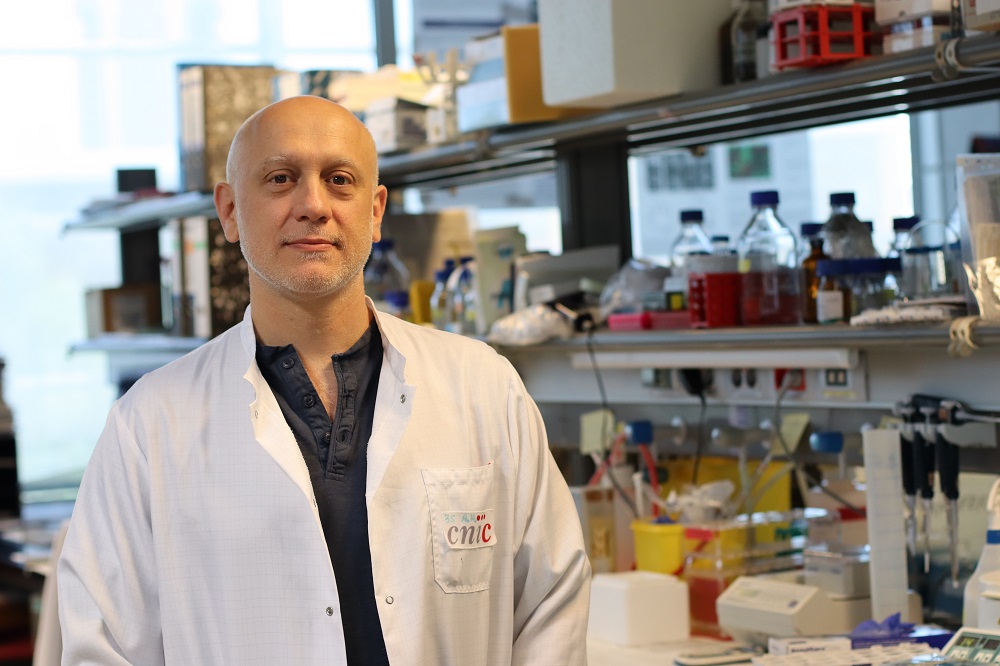CNIC coordinates a project from the Leducq Foundation
‘Clonal hematopoiesis and atherosclerosis’ will receive a total funding of $6,000,000, of which $712,500 correspond to the CNIC
A project coordinated by the Carlos III National Center for Cardiovascular Research (CNIC), has been selected by the Leducq Foundation to receive funding of $6,000,000 during five years. The project 'Clonal hematopoiesis and atherosclerosis,' coordinated by Dr. Andrés Hidalgo, of the Carlos III National Center for Cardiovascular Research (CNIC), and Dr. Alan Tall, of the Columbia University Medical Center, New York, (USA), is one of the five projects chosen by the 2018 Transatlantic Networks of Excellence Program of this prestigious foundation.
The Leducq Transatlantic Networks of Excellence Program funds teams of scientists who collaborate in the research of cardiovascular and neurovascular diseases. Since 2004, the Foundation has supported 57 networks, which represent more than 400 researchers in 130 institutions in 21 countries.
This Leducq Network, coordinated by Dr. Hidalgo and Dr. Tall, will investigate the genetic and environmental factors that promote the development of clonal hematopoiesis
Specifically, the project 'Clonal hematopoiesis and atherosclerosis,' will receive a total funding of $6,000,000, of which $712,500 correspond to the CNIC. In addition to the CNIC and Columbia University, this project also involves several other prestigious centers, including the prestigious universities of Harvard and Stanford in the USA and Ludwig Maximilians in Germany.
About the proyect
The production of blood cells is a process called hematopoiesis. Hematopoietic stem cells are the precursor or progenitor cells of the bone marrow that, ultimately, give rise to the blood cells that circulate in the blood. When a single mutation occurs in the DNA of a stem cell, a higher than normal amount of blood cells is generated from that single stem cell. It is believed that the resulting subpopulation of blood cells is "clonally" derived from a single founder cell and, therefore, is composed of genetic "clones" of the founder. Clonal hematopoiesis can occur in completely healthy people, but also in those with hematological diseases. In addition, it has been seen that the incidence of clonal hematopoiesis increases dramatically with age - recent studies have shown that less than 1% of the population under 40 years of age, but approximately 10-20% of the population over 70 years of age have clonal hematopoiesis. Clonal hematopoiesis does not usually show obvious symptoms, but it does increase the risk of cardiovascular disease.
This Leducq Network, coordinated by Dr. Hidalgo and Dr. Tall, will investigate the genetic and environmental factors that promote the development of clonal hematopoiesis. It will also explore how clonal hematopoiesis increases the development of atherosclerosis and subsequent heart disease and will determine how to modify the impact of clones on cardiovascular diseases in humans.











